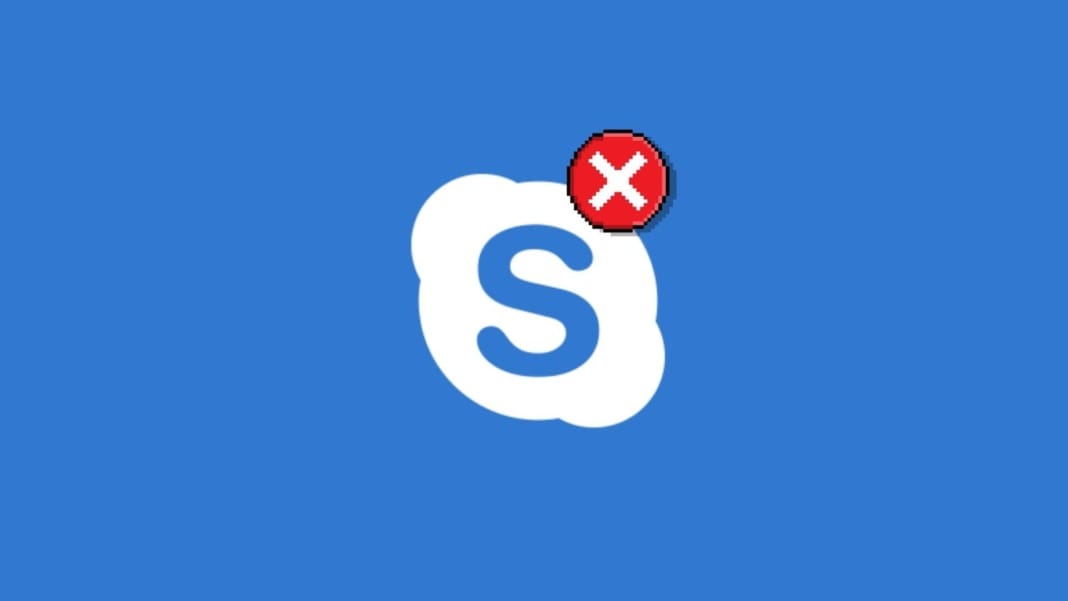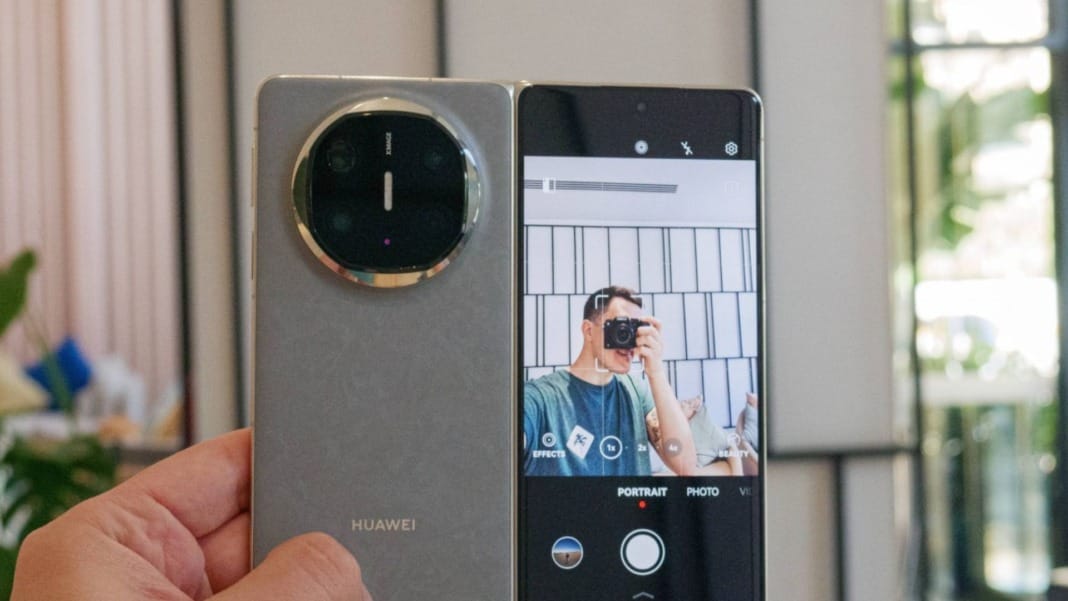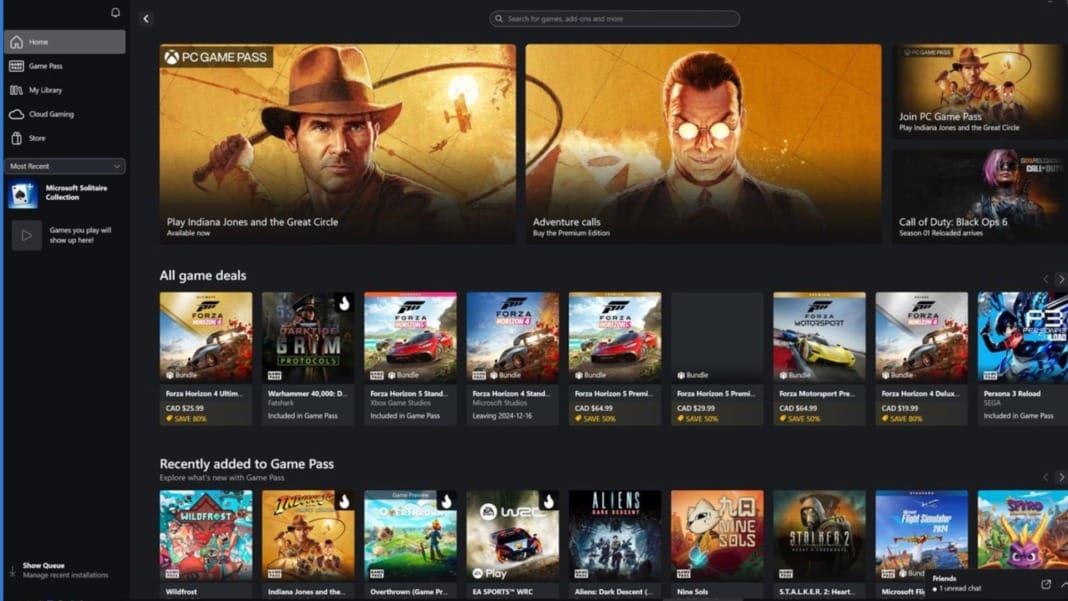Microsoft has quietly decided to discontinue the sale of Skype Credits and Skype Numbers this week, steering users towards subscription-based plans instead. These changes mark a significant shift for the platform, which has long been popular for its pay-as-you-go options and the ability to have a dedicated Skype phone number.
Say goodbye to Skype Credits and Numbers
Skype Credit allowed users to make local and international calls for years without committing to a monthly plan. Similarly, Skype Numbers gave you a virtual phone number connecting callers directly to your Skype account, making it a convenient tool for personal and professional use.
However, Microsoft has announced that these features will no longer be available to new customers. “New sales of Skype numbers and Skype credit have stopped, but customers can still use existing Skype numbers and credits,” explained Amit Fulay, Microsoft’s vice president of Teams and Skype.
He clarified that users could now opt for outbound PSTN calling services through Skype subscriptions. Free voice or video calls through Skype’s VoIP service remain unaffected by this change.
Existing users can still use their credits—for now
You’re safe for now if you’re already using Skype Numbers or have Skype Credit. Existing phone numbers will continue functioning, and any remaining credit can still be used. However, Microsoft has clarified that topping up Skype Credit is no longer an option. This raises concerns that even existing users may eventually have to transition to subscription plans.
Notably, the current subscription plans don’t fully replace the functionality of Skype Numbers. Users who rely on this feature to receive calls may find the transition particularly challenging.
A new direction for Skype
The decision to discontinue these features comes after Microsoft made headlines earlier this year for removing advertisements from Skype. The company has also introduced new tools like AI-powered image creation, signalling an effort to modernise the platform.
Despite these updates, Skype has struggled to compete with rivals like WhatsApp, Zoom, and FaceTime. Microsoft’s acquisition of Skype in 2011 positioned it as a leader in online communication, but the rise of alternative platforms has overshadowed its relevance in recent years.
Meanwhile, Microsoft has shifted much of its focus to Teams, a communication app designed for professional and personal use. Launching an individual Teams version in 2020 has further reinforced this strategic shift.
For Skype users, removing pay-as-you-go features and phone numbers signals a definitive move towards subscription-based services, leaving some questioning the platform’s future in an increasingly competitive market.





